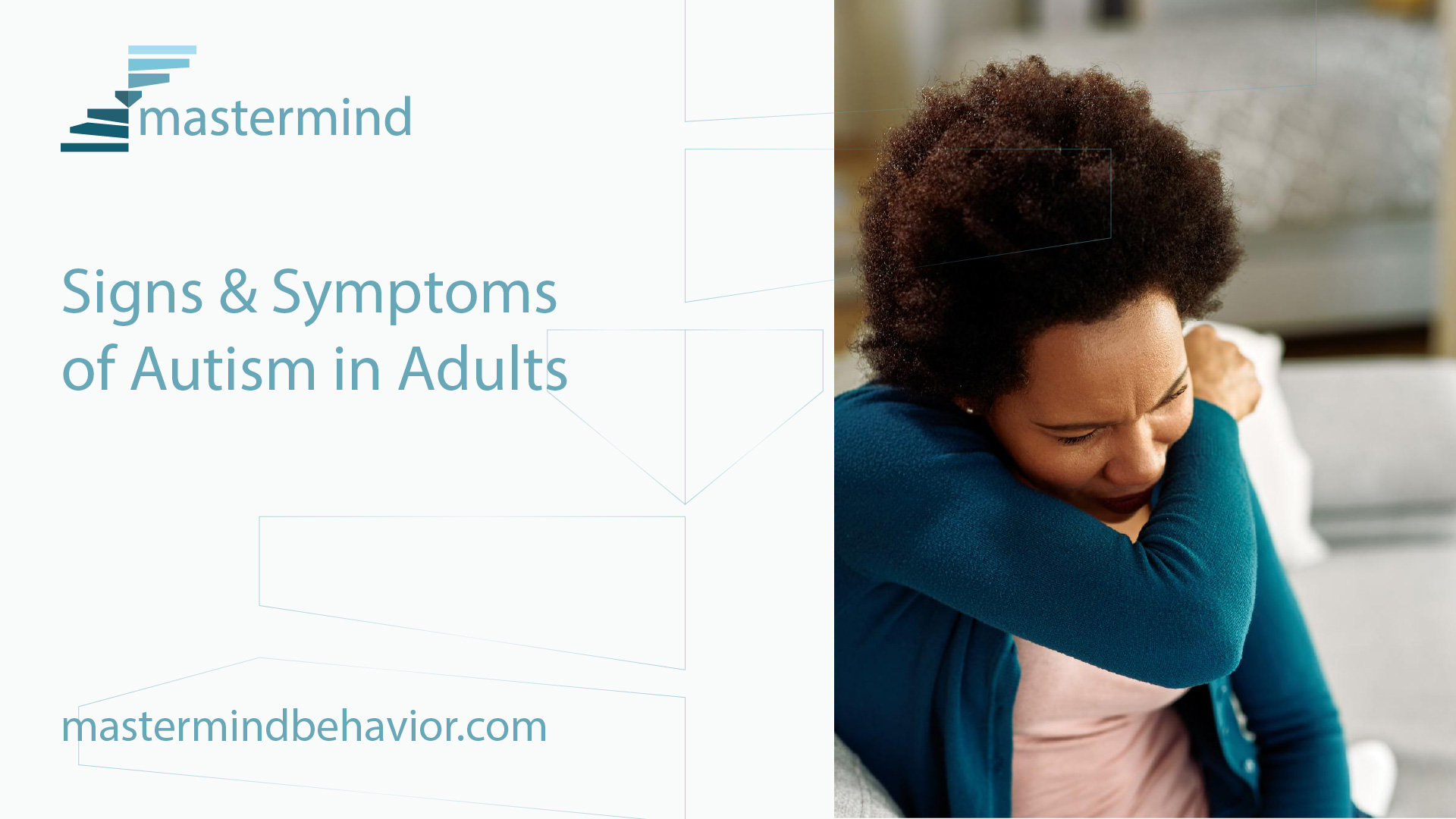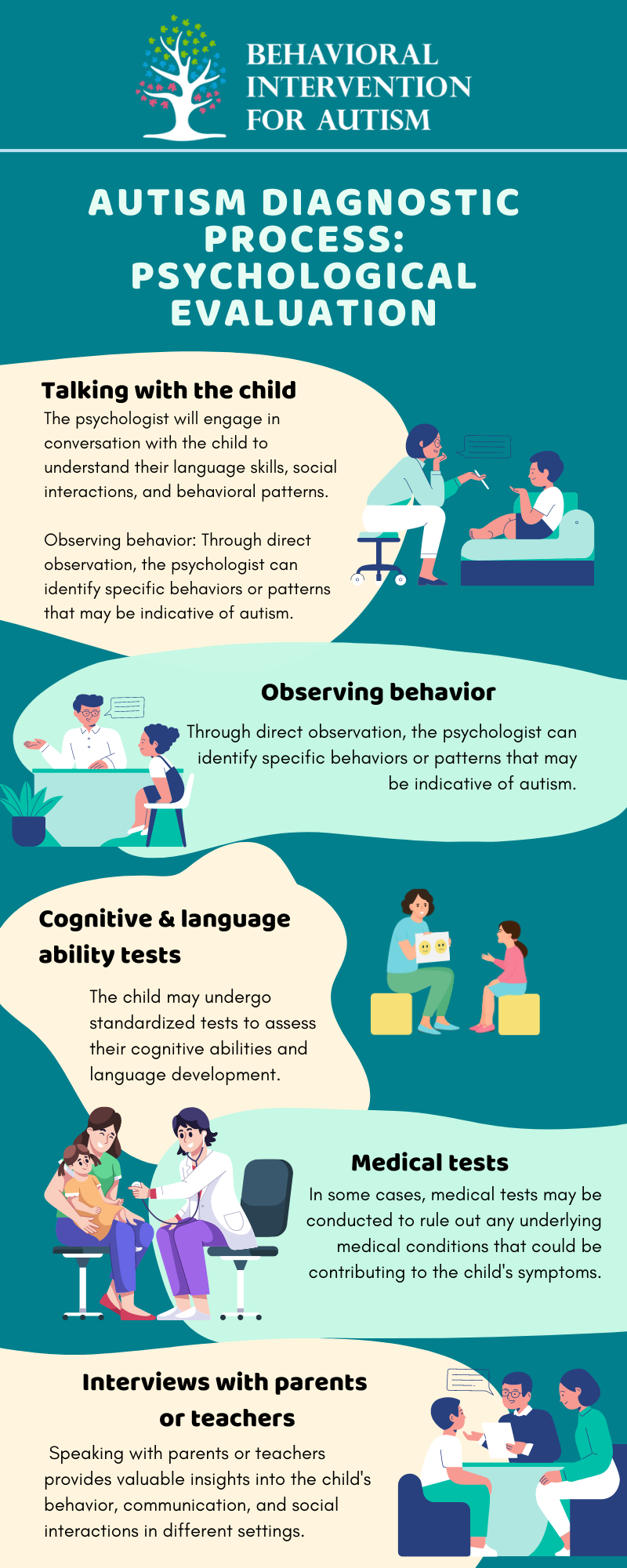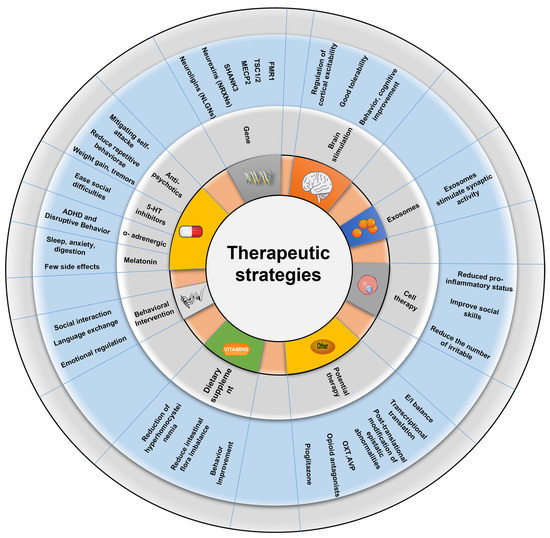Recognizing the Influence of Behavioral Autism on Every Day Life and Social Interactions
You might not understand how deeply behavioral autism impacts day-to-day life and social communications. Individuals on the range typically browse a globe loaded with interaction hurdles and sensory overload. These challenges can lead to irritation and isolation, impacting their relationships and general well-being.
Specifying Behavior Autism and Its Characteristics
Behavior autism, commonly described as autism range condition (ASD), encompasses a variety of conditions identified by difficulties in social communication, interaction, and repeated habits. You may observe that individuals with ASD typically have a hard time to interpret social hints, which can bring about misconceptions in conversations. They might find it hard to develop eye call or take part in little talk, making social circumstances feel overwhelming.
Communication difficulties can show up in various means, from postponed speech development to a choice for utilizing fewer words. Repeated actions, such as hand-flapping or shaking, can act as coping devices to handle anxiety or sensory overload. These features can exceptionally affect life, making it crucial for you to recognize and sustain those with ASD. By acknowledging these traits, you can foster an atmosphere that advertises acceptance and encourages efficient communication, aiding people with autism flourish in their daily interactions.
The Spectrum of Autism: Recognizing Variability in Habits
Autism spectrum problem (ASD) isn't a one-size-fits-all medical diagnosis; it varies widely amongst individuals. You may run into people who are very spoken and involve conveniently in discussions, while others might like solitary tasks or communicate non-verbally.
In addition, the means people with ASD react to sensory input can vary considerably; some may be overwhelmed by bright lights or loud noises, whereas others flourish in stimulating atmospheres. The range also includes differences in social communications; some individuals may have a hard time to interpret social signs, while others navigate social setups with family member ease. Recognizing this variability is necessary, as it helps you value each individual's special experience and tailor support to their specific requirements, fostering an extra inclusive setting for every person.
Interaction Difficulties Faced by Individuals With Autism
When you interact with individuals on the autism range, you might discover their one-of-a-kind communication obstacles. They commonly face problems with both spoken and nonverbal cues, which can affect their social communications. Comprehending these obstacles is important for cultivating better connections and assistance.

Verbal Communication Problems
Lots of individuals on the autism spectrum experience verbal interaction troubles that can significantly affect their everyday communications. Your tone, speed, or quantity may not align with social assumptions, triggering others to misinterpret your objectives. Identifying these obstacles can help you and your support network establish techniques to improve interaction and promote much better links with others in your everyday life.
Nonverbal Communication Barriers
Verbal communication isn't the only difficulty individuals on the autism range face; nonverbal communication barriers can be simply as considerable. You may find it hard to translate body movement, faces, and eye get in touch with, which are important for reliable communication. These challenges can lead to misconceptions or false impressions of social cues, making communications feel overwhelming or complicated. You might struggle to reveal your own feelings with nonverbal methods, leaving others uncertain of your purposes or sensations. This disconnect can create feelings of seclusion and irritation. Identifying these barriers is critical for fostering understanding and empathy in your communications. By addressing nonverbal communication, you can discover strategies to enhance your social experiences and enhance your overall quality of life.
Social Interaction Effects
Social interactions can frequently feel frustrating due to the distinct communication challenges faced by individuals with autism. You might battle with analyzing social signs, making it difficult to comprehend sarcasm or body movement. This can lead to misunderstandings or uncomfortable moments in conversations. Additionally, initiating and maintaining conversations might really feel tough, causing anxiousness in social scenarios. You might favor organized settings, making spontaneous communications awkward. It's additionally common to experience difficulty in taking part in little talk, which can hinder developing new friendships. Identifying these difficulties can assist you locate strategies to boost interaction, such as exercising social skills in secure settings or using aesthetic aids - Aba Therapist Near Me. Understanding your demands allows you to navigate social communications with greater self-confidence and simplicity.
Social Interaction and Relationship Building in Autism
While building partnerships can be testing for people with autism, recognizing their distinct perspectives and interaction styles can foster meaningful links. You may discover that numerous people on the range prefer straight communication and may deal with social signs or tiny talk. By being straightforward in your interactions, you can aid develop an atmosphere where they really feel comfortable.
Involving in shared rate of interests can additionally serve as a bridge to deeper connections. Whether it's a pastime, a favorite program, or a common interest, these usual threads can open up doors to friendship.
Day-to-day Live Regimen: Navigating Obstacles and Approaches
Maneuvering life regimens can be specifically challenging for people with autism, especially when unforeseen changes take place. You may locate comfort in having a structured schedule, as it assists you expect what's following. When interruptions take place, it's typical to really feel overloaded or anxious. To navigate these challenges, think about carrying out visual schedules or checklists. These devices can provide clarity and confidence.
Developing a routine that includes sensory breaks can likewise be helpful. You can prepare time-outs throughout your day to recharge. It's necessary to connect with those around you, letting them recognize your choices and needs. This assists create an understanding setting.
Last but not least, technique mindfulness strategies to take care of stress and anxiety and anxiety. Straightforward breathing exercises or grounding methods can make a significant distinction. By integrating these strategies, you can boost your day-to-day routine and decrease interruptions, making life really feel more workable.
Toughness and Abilities of People on the Autism Range
Comprehending day-to-day live regimens is simply one aspect of the autism experience. Lots of people on the autism range have remarkable strengths and capabilities that establish them apart. You might find that your attention to detail is remarkable, allowing you to stand out in jobs that need accuracy and emphasis. Your ability to think outside the box can bring about cutting-edge solutions in different scenarios.
Moreover, your memory abilities frequently beam, specifically in areas of rate of interest. Autism Spectrum Therapies. This knack for keeping details can make you a valuable resource in areas like science, innovation, or art. You might also exhibit strong aesthetic reasoning, enabling you to imagine intricate principles and solve troubles artistically
In Aba Therapist Near Me addition, your distinct point of view on the world can promote compassion and understanding in others, enriching social interactions. Accepting these strengths not only boosts your confidence yet additionally aids others appreciate the varied skills you offer the table.
Producing Comprehensive Environments for People With Autism
Producing comprehensive environments for people with autism starts with creating sensory-friendly areas that deal with their one-of-a-kind requirements. You can additionally promote opportunities for social communication, aiding to develop friendships and connections. By making these adjustments, you'll add to a more inviting environment for every person.
Creating Sensory-Friendly Spaces
While hop over to here developing sensory-friendly spaces, it's crucial to assess the unique needs of people with autism. Start by choosing calming shades and soft illumination to create a calming environment. When overwhelmed, include peaceful zones where people can pull back and reenergize. You'll want to reduce loud noises and interruptions, using soundproof materials or white noise devices to help keep tranquility. Take into consideration responsive elements like soft fabrics or fidget-friendly objects that can give comfort. Determine that rooms are flexible, enabling very easy rearrangement to suit different activities. Consist of visual routines or clear signage to aid people navigate the space with confidence. By attentively integrating these components, you can develop a welcoming atmosphere that supports sensory demands and advertises total wellness.
Advertising Social Communication Opportunities
Creating sensory-friendly spaces not just addresses specific comfort but also sets the stage for purposeful social communications among people with autism. Motivate peer mentoring, combining people with autism with helpful peers that can lead them via social situations. By applying these approaches, you can boost social chances, aiding individuals with autism develop relationships and strengthen their social abilities in a safe, welcoming environment.

Regularly Asked Concerns
Just How Can Pals Assistance A Person With Behavioral Autism?
You can support a friend with behavior autism by holding your horses, paying attention proactively, and appreciating their limits. Participate in tasks they appreciate, interact honestly, and create a comfortable setting where they feel valued and recognized.
What Resources Are Available for Moms And Dads of Kid With Autism?
You can check out numerous sources for parents of youngsters with autism, including support teams, instructional web sites, and regional social work. Attaching with various other moms and dads can likewise offer important understandings and shared experiences to aid navigate obstacles.
Can Behavioral Autism Change Gradually?

Yes, behavioral autism can change over time. You could observe changes in communication, social abilities, and behavior as your youngster expands. Early intervention and assistance often play important functions in these developmental adjustments.
Just How Do Sensory Level Of Sensitivities Impact Day-to-day Live?
Sensory sensitivities can make everyday experiences frustrating. You could fight with loud noises or bright lights, resulting in stress and anxiety or avoidance. Locating settings that accommodate your demands can significantly boost your comfort and general daily life.
What Prevail Misconceptions About Behavioral Autism?
You may assume behavior autism only influences interaction abilities, but it's more facility. Several presume people do not have empathy or intelligence, which isn't true. Understanding these misconceptions assists foster acceptance and go to this site assistance for those on the spectrum.
Behavior autism, commonly referred to as autism spectrum disorder (ASD), encompasses an array of conditions characterized by difficulties in social communication, communication, and repetitive behaviors.Social communications can typically feel overwhelming due to the one-of-a-kind interaction obstacles dealt with by individuals with autism.Creating sensory-friendly rooms not just addresses individual comfort yet additionally sets the stage for meaningful social interactions amongst people with autism. Urge peer mentoring, pairing individuals with autism with supportive peers that can guide them with social scenarios. By carrying out these approaches, you can improve social possibilities, assisting individuals with autism construct relationships and enhance their social abilities in a risk-free, inviting atmosphere.
Comments on “When working with an Aba Therapist Near Me, you’ll see measurable progress in social and communication growth”